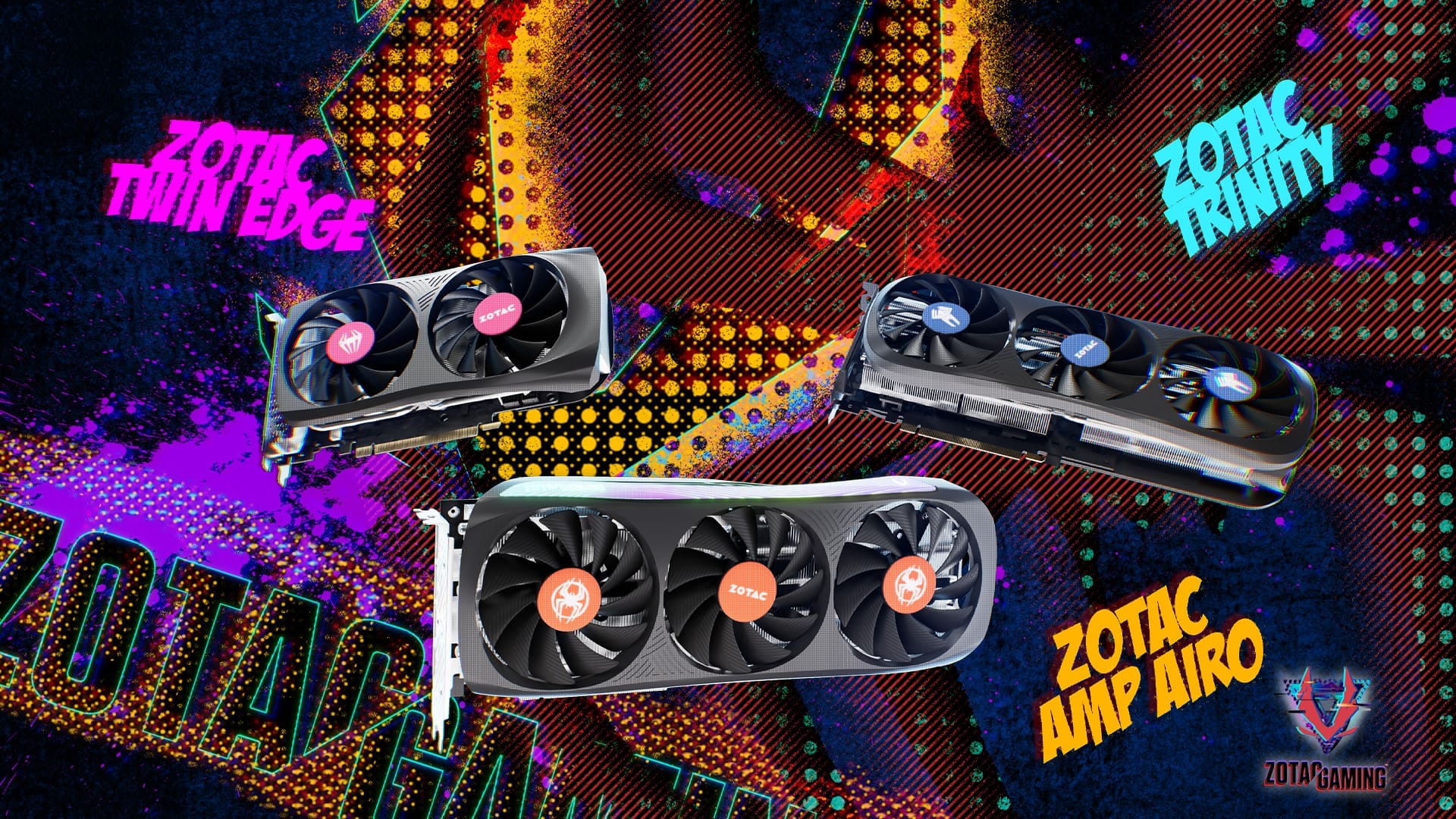In a strategic move to sidestep the restrictions imposed by the United States and ensure the continuity of its business, ZOTAC, a well-known brand in the graphics card sector, has decided to relocate its headquarters from Hong Kong to Singapore. This decision also affects other brands under the PC Partner group, such as Inno3D and Manli, in an effort to avoid future complications arising from the escalating tension between the U.S. and China.
Restrictions and tariffs: key factors in the move
Since the implementation of U.S. technology restrictions on China, many companies have been forced to rethink their operations. These measures, designed to limit China’s access to advanced chips and manufacturing technology, have raised concerns about the impact on the global supply chain, particularly in sectors like semiconductors.
In this context, PC Partner, the parent company of ZOTAC, has opted to establish its headquarters in Singapore, a country known for its political stability and more neutral diplomatic relations. The move aims to avoid future sanctions that could disrupt the production and distribution of the anticipated RTX 50 graphics cards, especially if tensions between the two global powers do not ease.
Additionally, the relocation is a response to fears that new tariffs could further raise the costs of hardware components, a concern that has intensified with the possibility of Donald Trump returning to the U.S. presidency and his well-known protectionist policies.
A strategic move to secure the future
ZOTAC’s decision is not only intended to evade sanctions but also to ensure competitiveness in an increasingly complex global market. The move to Singapore positions the company in a favorable environment for the manufacturing and distribution of its products, away from the trade tensions affecting Hong Kong.
Moreover, this strategy is not isolated. Major companies like Apple have adopted similar measures, shifting part of their production to India to reduce dependence on China. These decisions reflect a significant shift in the global tech industry, marked by the diversification of supply chains.
Impact on the graphics card market
ZOTAC, known for offering competitive and budget-friendly options in the graphics card market, aims to avoid any disruption in the production of the upcoming RTX 50, a key product at a time of high demand due to the rise of artificial intelligence and gaming. The recent appearance of a purported RTX 5090 in a factory in Indonesia already hinted at movements in this direction.
The move to Singapore could also facilitate collaboration with U.S. companies like NVIDIA, which will need to ensure that PC Partner complies with U.S. Department of Commerce regulations. This is essential for ZOTAC to manufacture and market its products without legal hurdles.
A change that reflects the evolution of the industry
ZOTAC’s relocation to Singapore is not just a response to geopolitical tensions but also an adaptation to a transforming industrial environment. With countries like India and Singapore gaining prominence as technology manufacturing hubs, ZOTAC’s move signals a trend that could redefine market dynamics in the coming years.
PC Partner’s decision underscores the importance of strategic planning in an industry where innovation and responsiveness to global challenges are essential for success. Meanwhile, tech enthusiasts eagerly await the future RTX 50, which promises to continue setting the standard in graphic and computational performance.
Source: El chapuza informático

